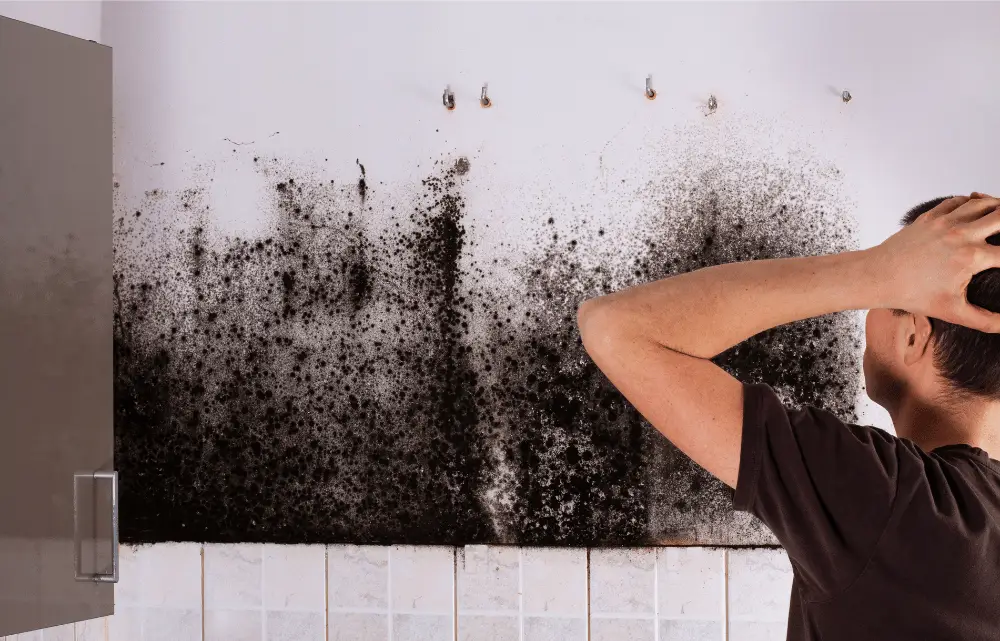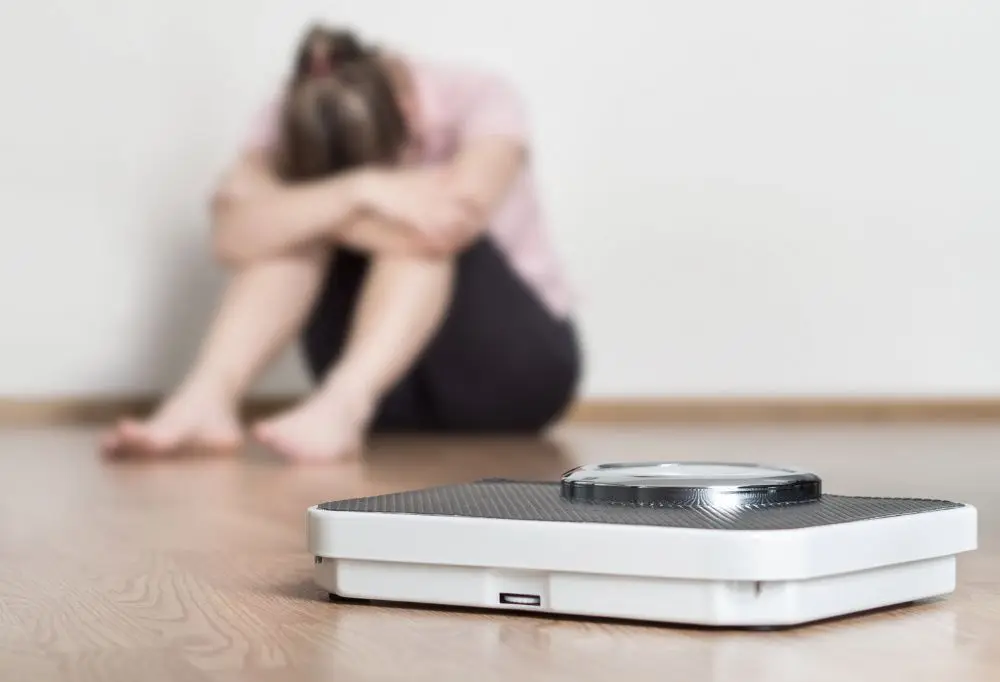Understanding Mold Exposure Symptoms and Mycotoxins
Mold is a common household nuisance that can have detrimental effects on your health if left unchecked. Mold exposure, especially from black mold, can lead to a range of symptoms that may vary from person to person.
What is Mold and Are You Coming into Contact With it?
Generally, indoor mold types are more prone to emitting potent mycotoxins that may cause health issues in humans. This is because they originally evolved as a means for molds to compete with other microorganisms for resources in their environment. This competition occurs commonly in damp indoor spaces, like water-damaged buildings.
Black mold, scientifically known as Stachybotrys chartarum, is one of the most well-known toxic molds. It thrives in damp and humid environments, making it common in areas like bathrooms, basements, and kitchens. Black mold produces mycotoxins that can cause severe health problems if exposure occurs. Its distinct black or dark green appearance sets it apart from other molds.
Mold toxins can lead to a range of health problems, from allergies and fatigue to more severe conditions affecting organs and systems. Learn how to recognize if you have been exposed to mold and understand the symptoms so you can take action and protect your health.
8 Common Symptoms of Mold Exposure:
- Respiratory issues, coughing, wheezing, sinus congestion, and shortness of breath
- Persistent fatigue and lethargy
- Headaches, brain fog or difficulty concentrating
- Skin irritations, rashes, hives, or itching
- Eye and nose irritations, watery eyes, redness, and persistent sneezing
- Digestive problems, nausea, vomiting, diarrhea, and abdominal pain
- Sensitivity to odors, musty or moldy odors
- Muscle and joint pain, inflammation in the body, and fibromyalgia.
What is Mold Illness and Could You Have It?
Mold illness, also known as mold toxicity or mycotoxicosis, refers to the negative health effects that result from exposure to mold and its mycotoxins. When mold spores become airborne and are inhaled, they can lead to a range of health issues. Mold illness is not limited to a specific type of mold; various types of molds can trigger these symptoms.

Hear more from Dr. Taylor in this video explaining, “How to Protect Yourself from Mold Toxicity”
To diagnose mold-related illnesses, our Forum Health providers like Dr. Taylor take a comprehensive approach that includes:
- Examining a patient’s medical history
- Conducting physical exams
- Performing advanced tests to detect the presence of mold toxins in the body
It is essential that you seek treatment if you suspect that you may be suffering from mold illness. The cellular impact of mold toxins can lead to mitochondrial dysfunction and oxidative stress, which underlie many of the associated symptoms. Additionally, mold toxins can trigger the brain to respond as though it’s under threat, leading to immune system activation and other reactive changes.
Mold toxins can damage organs like the liver, kidneys, and even promote the development of certain cancers over time.
Our providers focus on supporting patients in reducing the sensitivity to mold and adopting strategies to avoid exposure. Overall, understanding the multifaceted nature of mold-related illnesses is essential in providing comprehensive care for affected individuals.
Suspect you have mold illness or have been exposed to mold?
Fill out the form below and our team will reach out to schedule an appointment.






